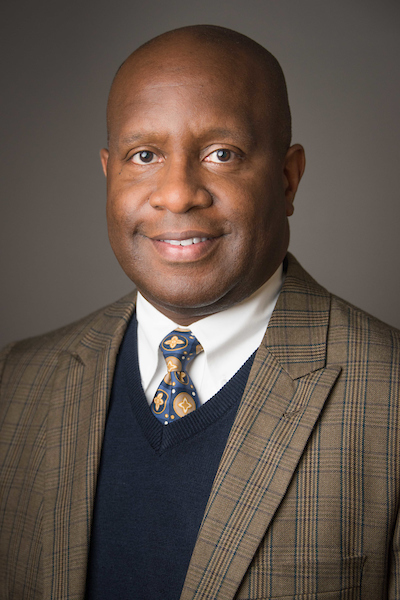Office of Access and Compliance
The Office of Access and Compliance serves the University of Tennessee Health Science Center employees, students, residents, fellows, post docs and others in the areas of access, affirmative action, equal employment opportunity and compliance, education, learning and development. Staff members are in the office Monday through Friday from 8:15 am to 4:00 pm CDT, but can be reached by phone or email during University operating hours of 8:00 am to 5:00 pm CDT Monday through Friday.
Mission and Vision
The Office of Access and Compliance (OAC) supports the mission and strategic plan of UT Health Science Center by cultivating a welcoming and inclusive learning and working environment that enables everyone to thrive. Accomplished through close collaboration and partnerships with the campus communities in Memphis, Jackson, Nashville, Chattanooga, and Knoxville, OAC works to create an inclusive community that fosters an understanding and appreciation for diversity among our students, trainees, staff, faculty, and administrators. This is partly done by facilitating meaningful interactions between individuals from a collective mixture of cultures, social identities, values, beliefs, perspectives, and experiences.
Reporting directly to the Executive Vice Chancellor for Operations and Finance, the Office of Access and Compliance addresses experiences around feeling welcomed and valued across the university, evaluates systems and processes that enable opportunities and growth, and shares best practices to attract and retain diverse talent. Inclined by the institutional strategic plan, the Office of Access and Compliance:
- Coordinates, facilitates, and participates in developing and implementing equal opportunity and nondiscrimination policies, procedures, and guidelines for UTHSC.
- Supports UTHSC’s strategic map while leading and collaborating with various campus advisory bodies.
- Encourages and monitors progress in implementing access and engagement initiatives.
- Organizes and manages multiple campus-wide awards programs.
- Arranges, collaborates on, and participates in a variety of celebrations for students, trainees, staff, and faculty.
- Develops institutional and governmental reports including, but not limited to, the University's Affirmative Action Plans.
- Prepares and delivers learning opportunities and programming for all campus community members.
- Investigates and/or coordinates the handling of complaints of discrimination, bias incidents, discriminatory harassment, and grievances associated with accommodation requests (i.e., disability; religious).
- Coordinates and facilitates UT Health Science Center's accessibility compliance program.
Meet the Associate Vice Chancellor
 Dr. Michael Alston, EdD, CCDP/AP, serves as the Associate Vice Chancellor for Access
and Compliance and is the Title IX Coordinator for UTHSC. Learn more about Dr. Alston and his role.
Dr. Michael Alston, EdD, CCDP/AP, serves as the Associate Vice Chancellor for Access
and Compliance and is the Title IX Coordinator for UTHSC. Learn more about Dr. Alston and his role.
Inclusion Defined
Inclusion describes the active, intentional, and ongoing engagement with diversity - in people, in the curriculum, in the co-curriculum, and in communities (e.g., academic, social, professional, clinical, research, service, and geographic) where individuals might connect. UTHSC commits to pursuing deliberate efforts to ensure that our campus is a place where differences are welcomed, different perspectives are respectfully heard, and every individual feels a sense of belonging. Shared power will be ensured by the presence of traditionally excluded individuals and/or groups into processes, activities, and decisions/policies. Building a critical mass of diverse groups and individuals on campus with a vibrant climate of inclusiveness, we will effectively leverage the resource.
Diversity Defined
Diversity is the wide variety of shared and different personal and group characteristics among individuals. UTHSC commits to affirming diversity, which is expressed in myriad forms, including race and ethnicity, gender and gender identity, sexual orientation, socioeconomic status, language, culture, national origin, religious commitments, age, invisible and visible (dis)abilities, and political perspective. It means understanding that each individual is unique and recognizing our individual differences and similarities.
